If you’re the kind of person who likes their veg grown by people who care passionately about what they do, then you might be interested to know that there’s a company who think the same way about travel. At Sawday’s, a B Corp like Riverford, we have a collection of self-catering cottages, hotels and B&Bs across the UK, France, Italy, Spain and Portugal, all of which we’ve personally inspected and picked out.
What we’re looking for is character and independent spirit, places run by owners with the willingness to do things differently and buck the trend of soulless hotel chains and identikit holiday flats. We also love seeing people go the extra mile to run sustainably or benefit their communities.
Here are a few of our favourites to give you a taster:
Mazzard Farm Cottages, Devon, UK
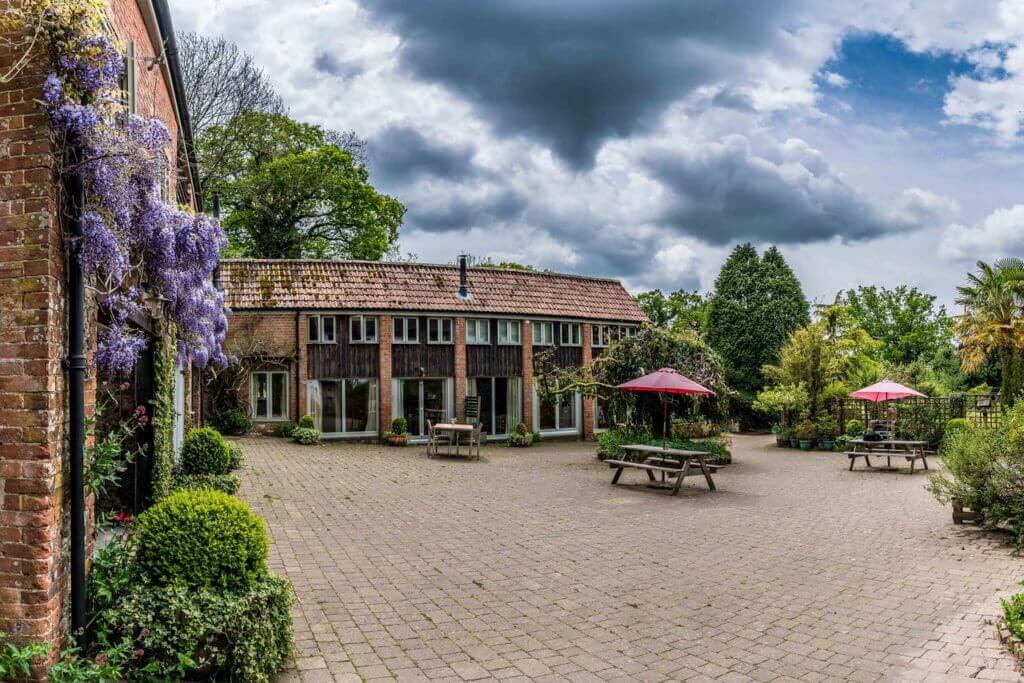
Mazzard Farm is a shining example of how environmentally sensitive holiday cottages can be done. The most important thing to owner Ruud Jansen Vennboer is that you’d hardly know how much work has gone into every detail of the building and running of his business. He sees sustainability as more than just ‘being green’; it’s a holistic approach that does as much to maintain the local community as reduce power usage. So, alongside biomass boilers, materials with the highest environmental standards, solar power and using wood from their own forest, he also uses only local products, from soap to snacks, as well as providing guests with a detailed list of places they can stock up while they stay. Not only does this help reduce food miles and the wider carbon footprint, but it amplifies the effect of any money spent, supporting local businesses who can then form a stronger network. Find out more here.
East Quay, Somerset, UK
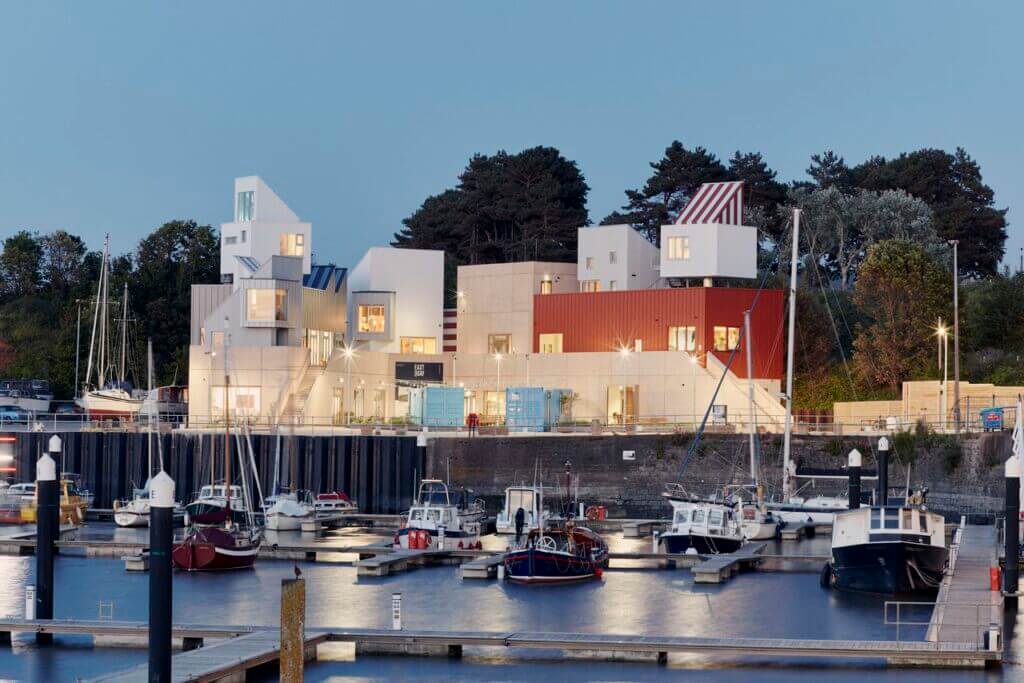
East Quay is one of our community champions; not-for-profit businesses, charities or Community Interest Companies that receive subsidised Sawday’s membership to help them do their great work. When plans for a major development of flats on the marina quayside in Watchet fell through, the locals saw an opportunity. Rather than witness more development that had no community benefit, they realised that by pooling their skills and resources, they could create something that delivered real benefit. They built a visitor centre and restored the boat museum, turned a derelict field into a community garden and started a project called Watchet Community Makers. They now use art spaces to deliver projects that inspire young people, address the climate crisis and help show other communities how to make change. All profits from the shipping container homes, which were designed by local architects, go to fund even more ambitious and far-reaching ideas. Find out more here.
Paradise in Portugal, Alentejo, Portugal
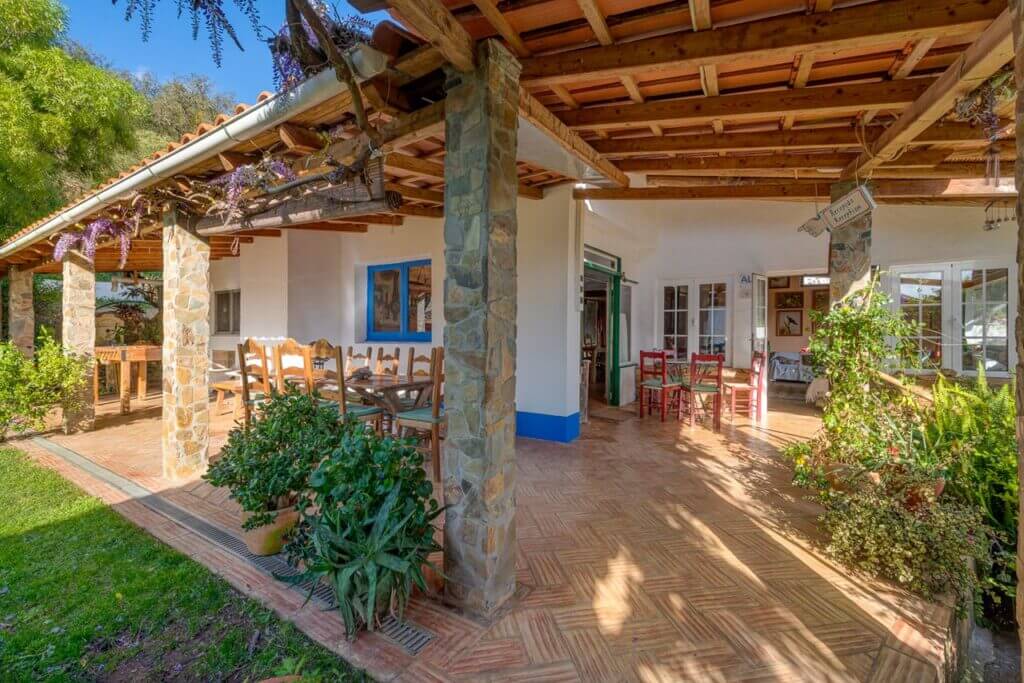
A few decades ago, Frank McClintock piled all his belongings into a double-decker bus and drove down to Portugal, to a wild piece of land he’d bought. Many years later, he’s created what he rightly calls paradise. Long before it was the standard feature it’s now becoming, he was sourcing almost all his energy from solar and wind power, and he also makes use of traditional building techniques. The overhanging eaves and thick walls of the ‘quinta’ keep them cool naturally, meaning no need for air conditioning (one of the biggest energy consumers). He also uses solar power to pre-heat water that feeds into the washing machines, vastly reducing the energy required to do laundry, another huge energy saving for a place with ten rooms. Frank and his partner Daniella also work to conserve the local cork oak forests, the ‘Montados’, of southern Portugal, a habitat threatened by over harvesting. Find out more here.
La Maison de Laurence, Provence, France
Bringing an old stone farmhouse in the French alps into the modern era, ecologically speaking, is a mammoth task, so the Thiebaut family have approached it bit by bit. Working only with their own hands and the help of local craftspeople, they have slowly transformed their home and the experience of staying for their guests. The easy parts were local sourcing, with plenty of artisans and growers in the area to supply everything from vegetables to cleaning products. Guests can head down to one of a few local markets too, to stock up on anything they need. The harder parts were the structural work. Installing a wood boiler for heating, renovating the facades with the traditional lime technique and removing the cement joints so that the house could ‘breathe’, making it more energy efficient and also providing a more pleasant interior atmosphere. They had custom frames made by a local woodworker to fit double glazing in the irregular windows, sourced natural, ecological paint and have installed composting toilets at the bottom of the garden which they encourage, but don’t compel, guests to use. A water tank to collect rain and spring runoff captures 50,000 litres for use in the garden, which is now buzzing with bees thanks to the creation of a new hive, built using the Warré method, which stops parasites entering the hive and therefore avoids the need to use pesticides. Find out more here.
Biotique Agrivilla i pini, Tuscany, Italy
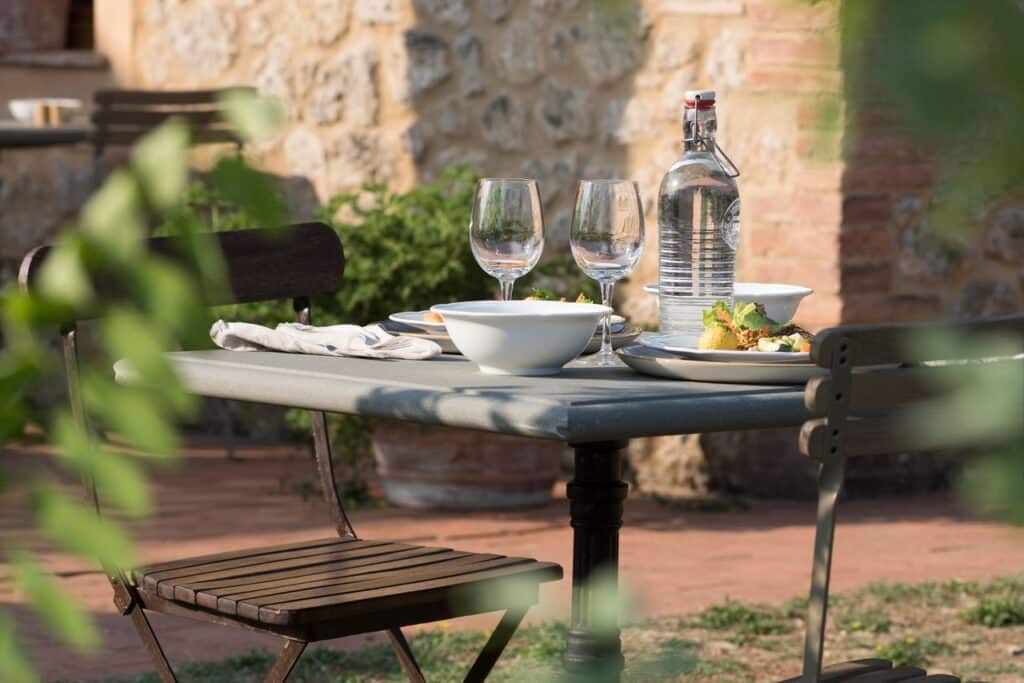
What makes a spectacular retreat in the hills of Siena even more impressive? Entirely vegan food and an impeccable commitment to running sustainably. The aim during extensive renovations in 2018 was to create the most energy efficient and sustainable environment possible, using locally-sourced materials. The insulating walls are made with a mixture of clay, hemp and rice husks, furniture is refurbished vintage, the terracotta tiles are handmade and the linen hand sewn. But the food is where the philosophy is put into practice. Organic and regenerative farming, without the use of any chemicals or pesticides, means healthy land and incredibly healthy food that nourishes all who come to visit, from international guests to the bees and butterflies that keep everything moving. This being Italy, that means the juiciest olives, fresh fruit from the trees, and nuts, herbs and vegetables that burst with flavour. Find out more here.

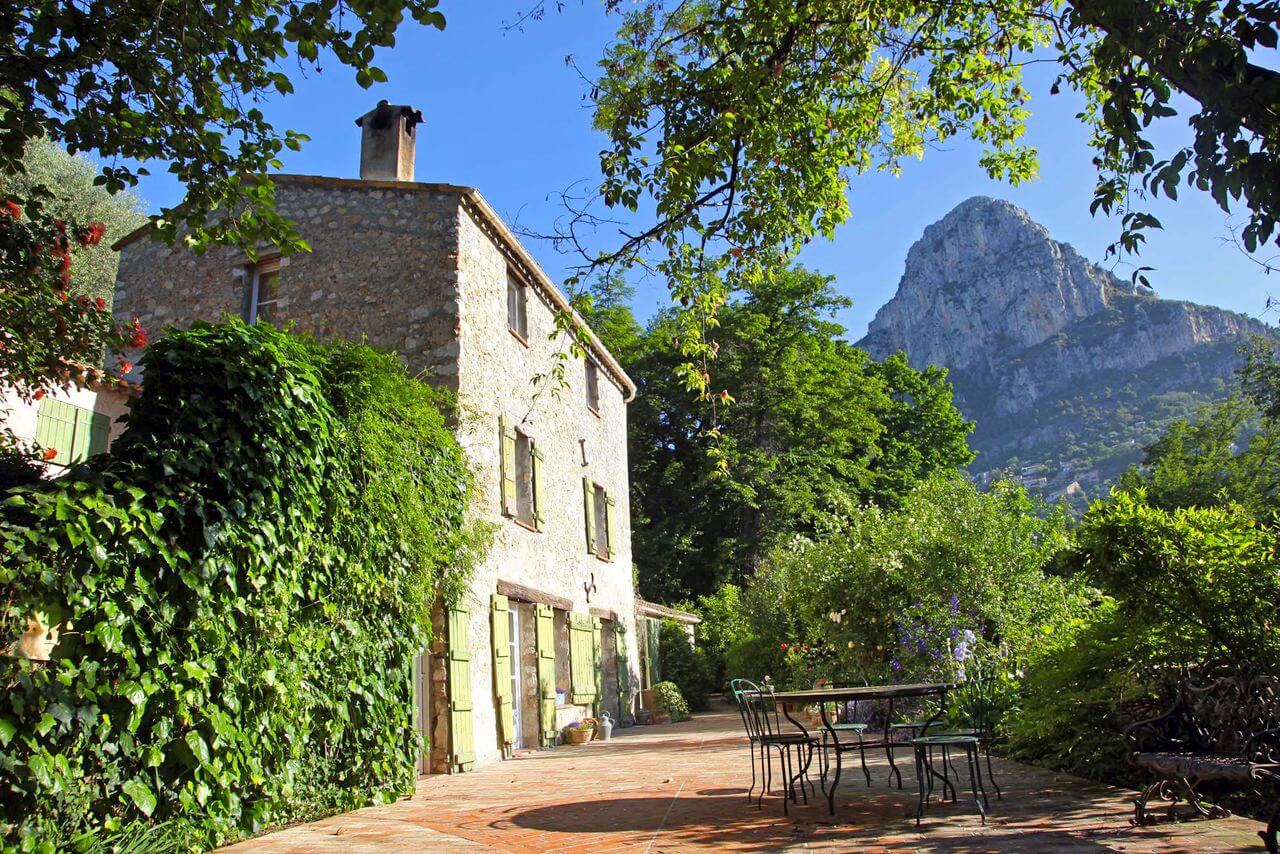
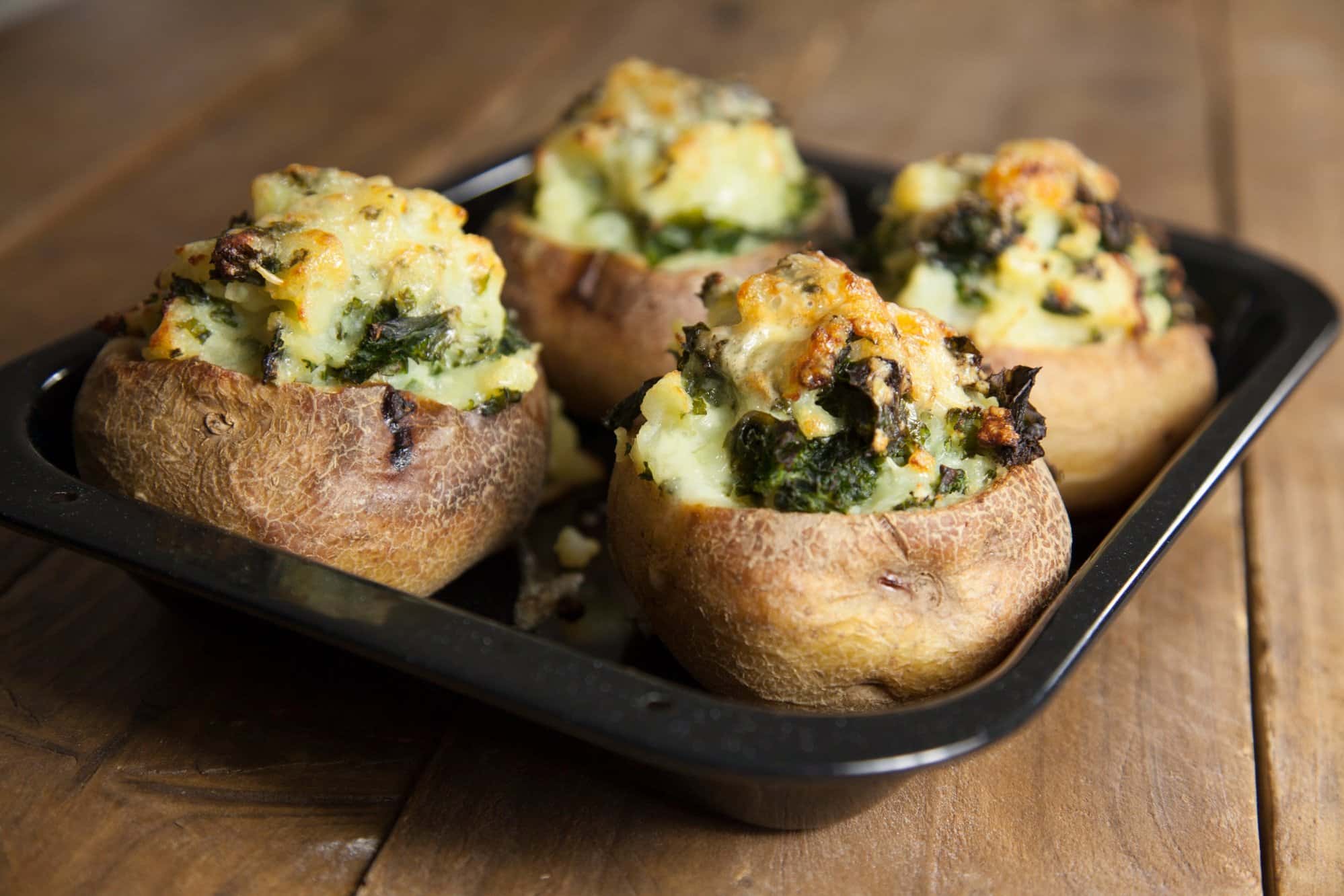
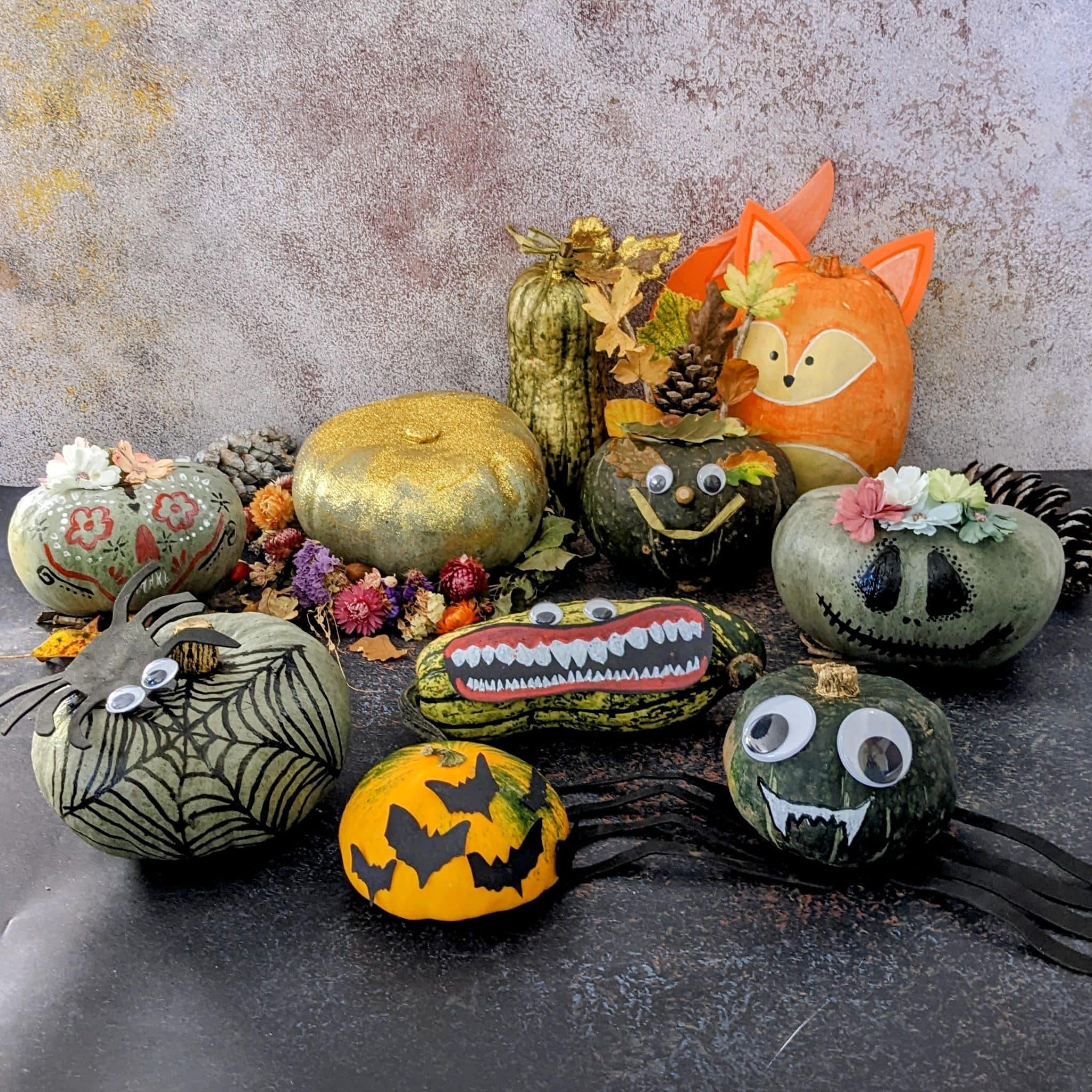
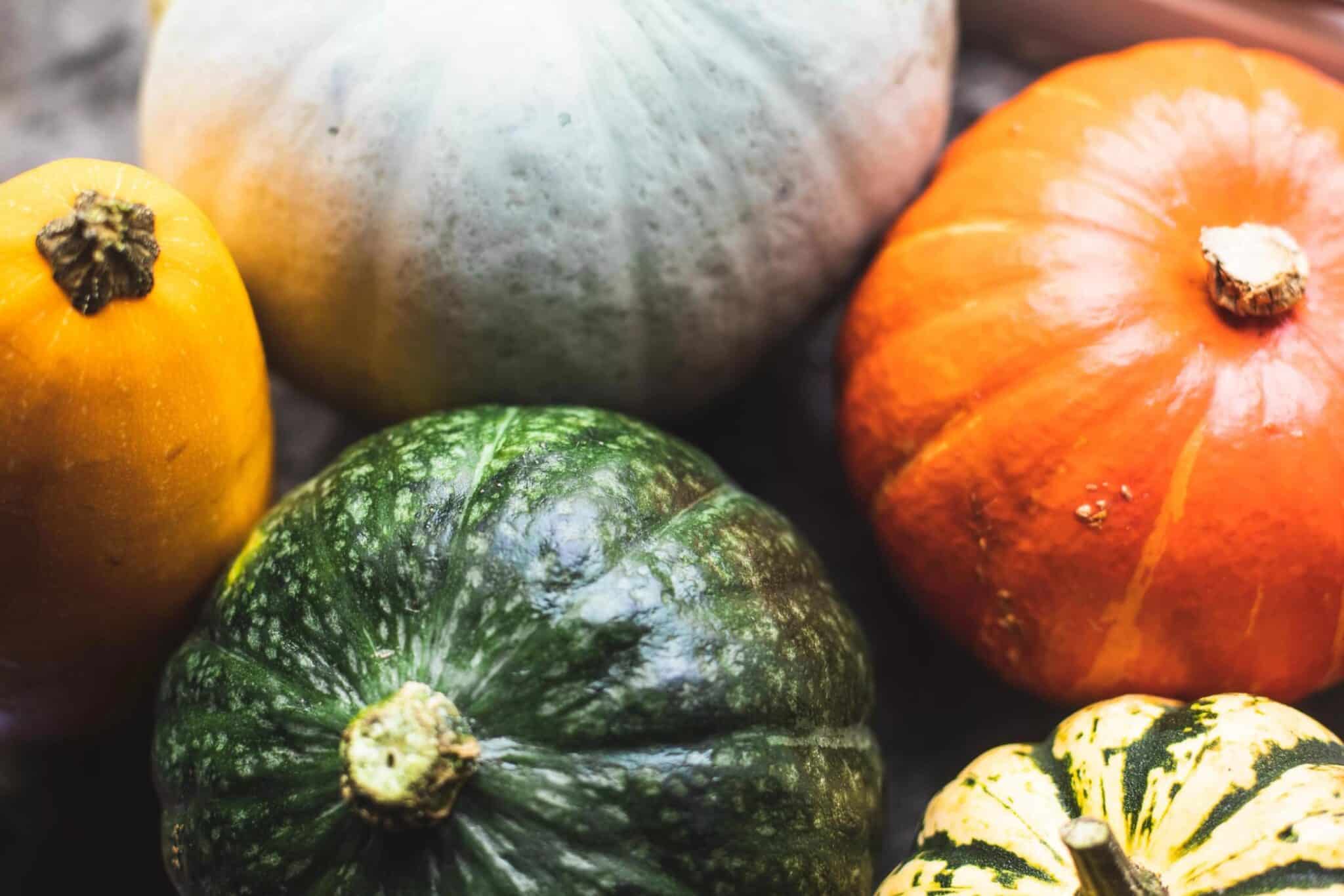







0 Comments